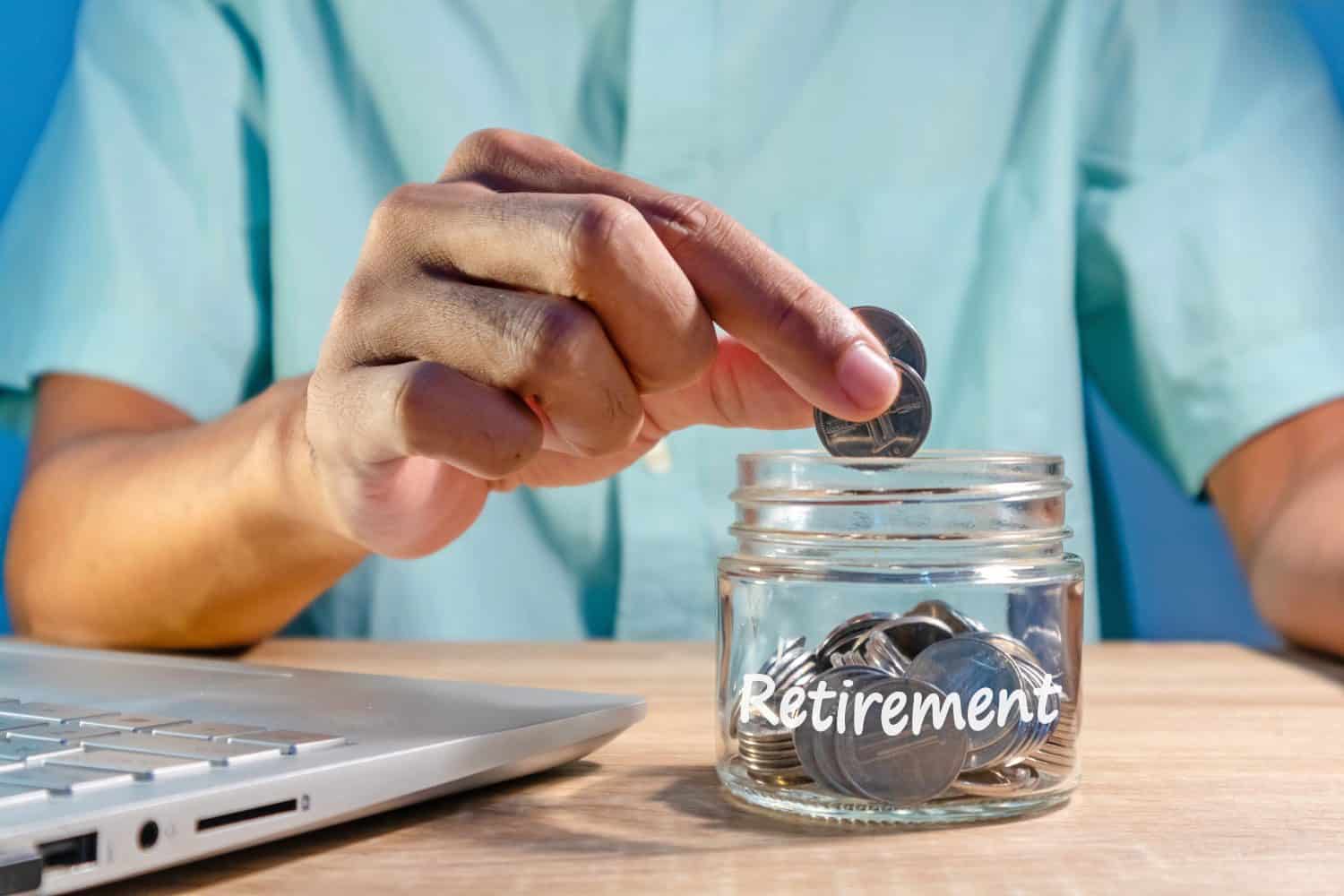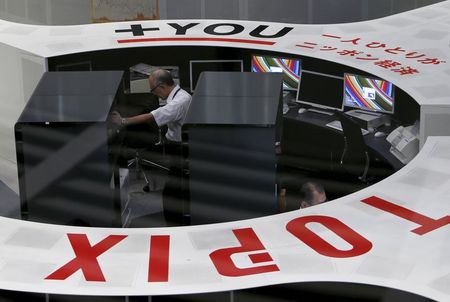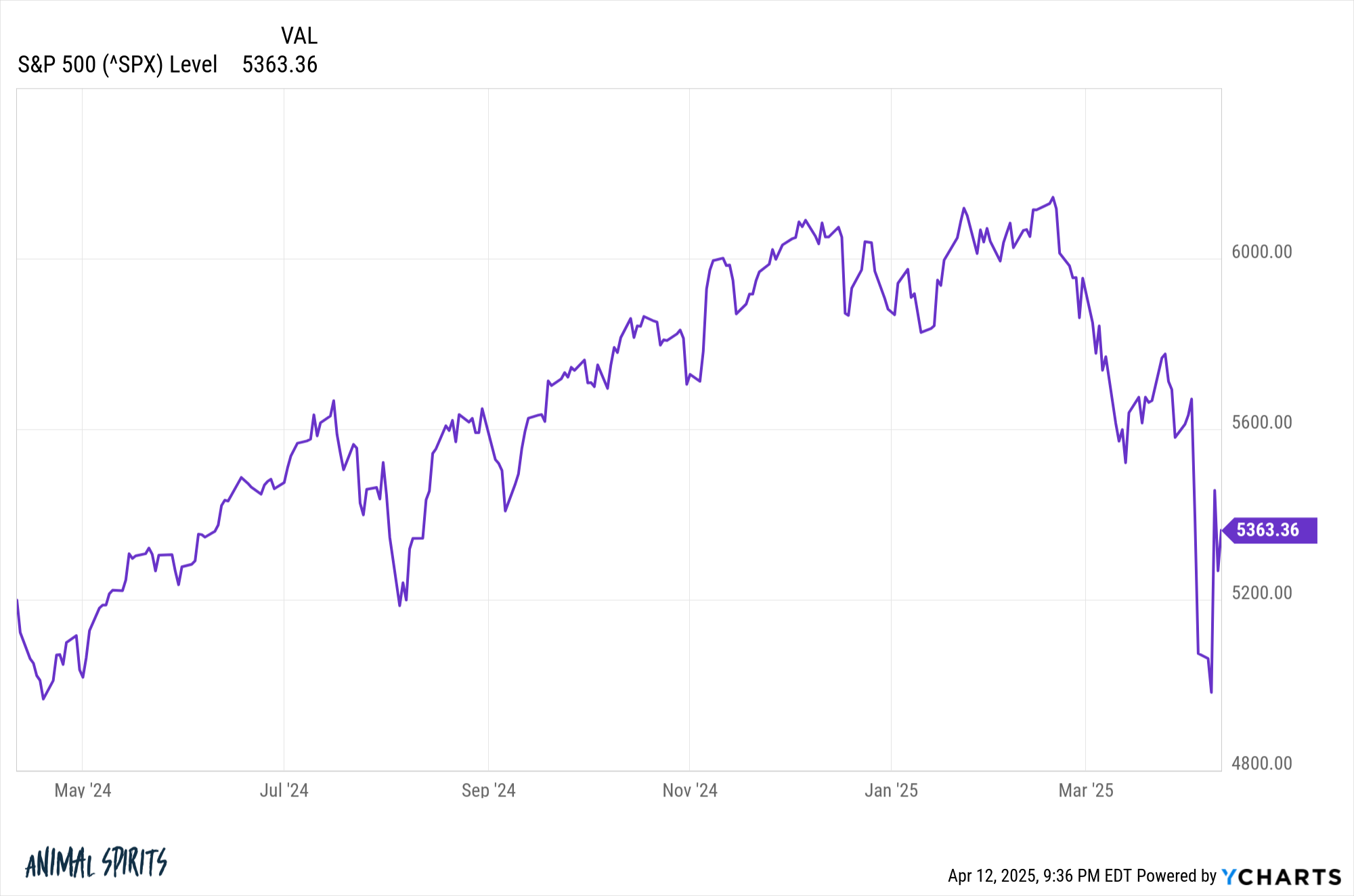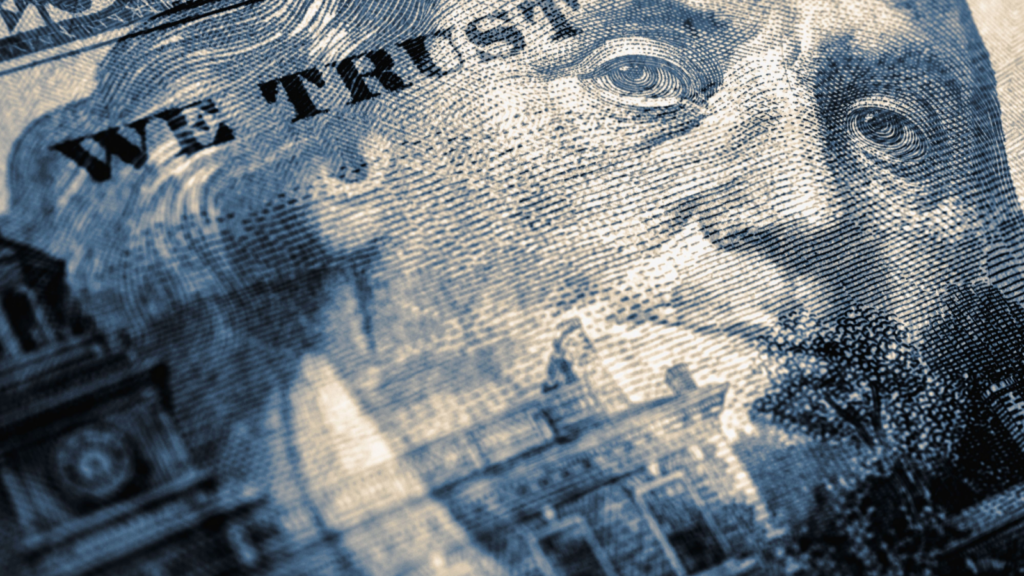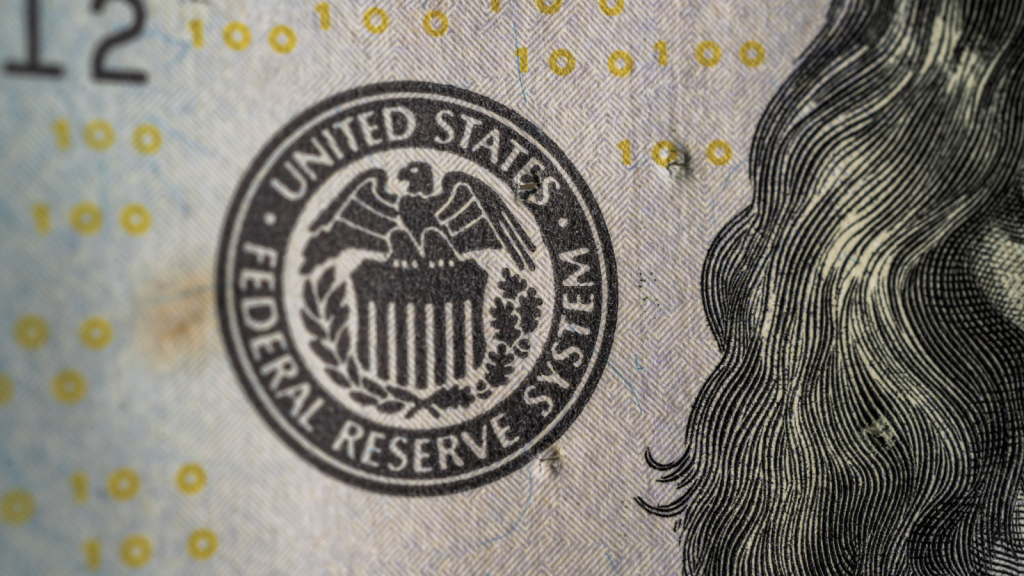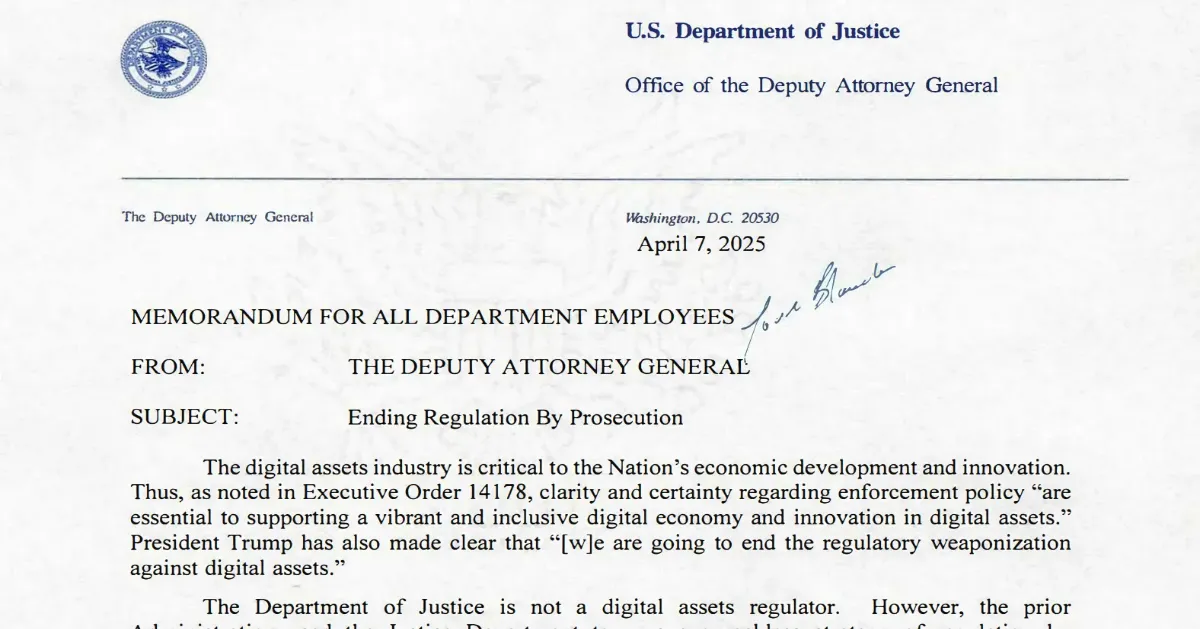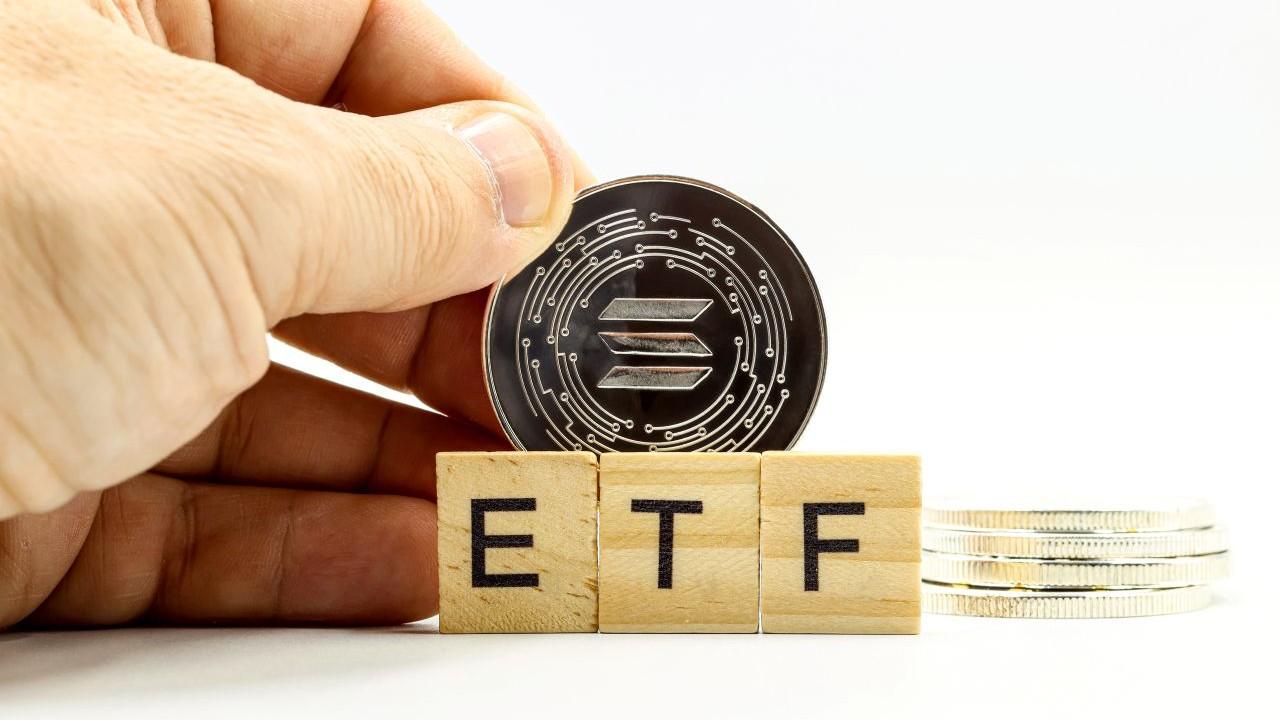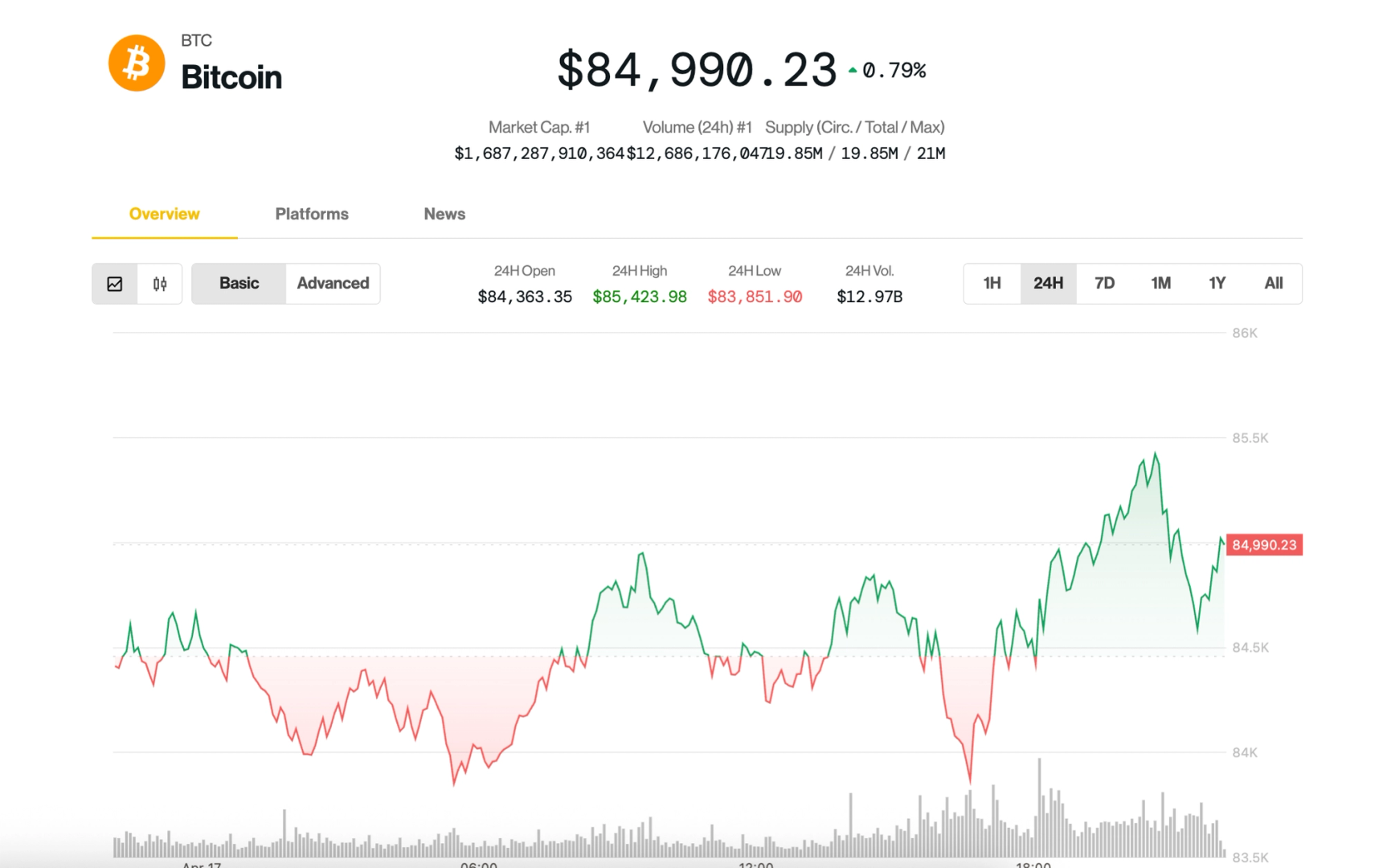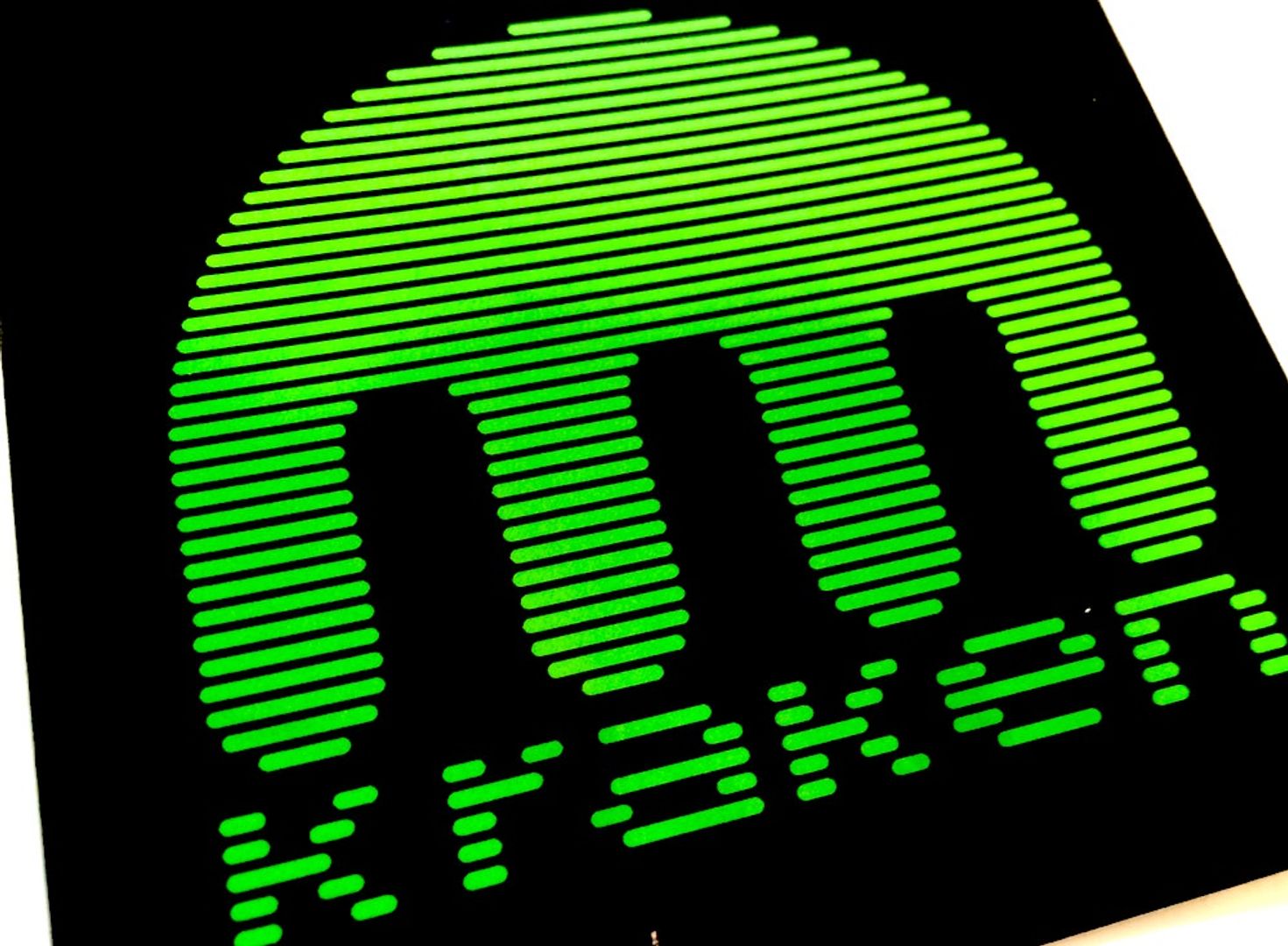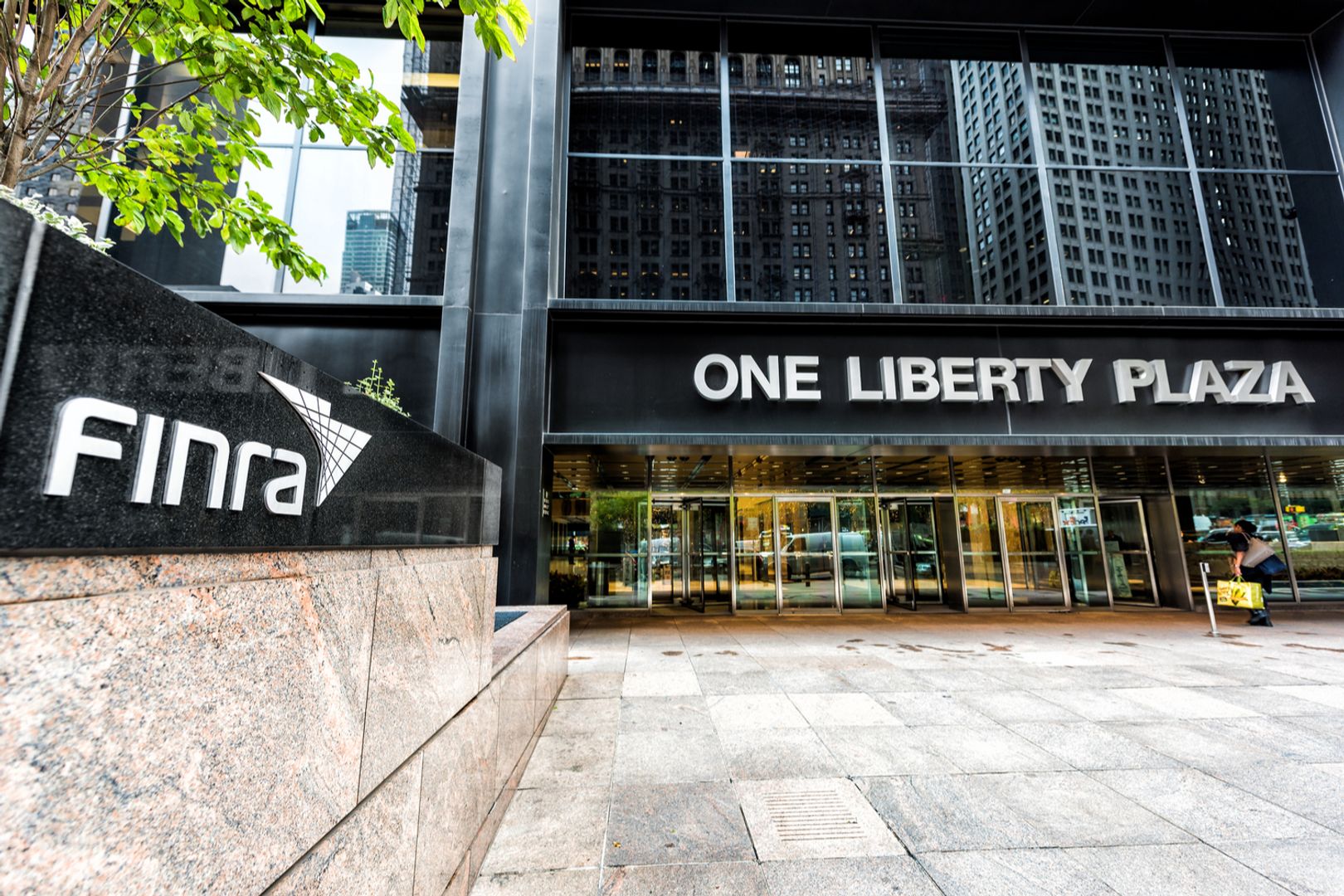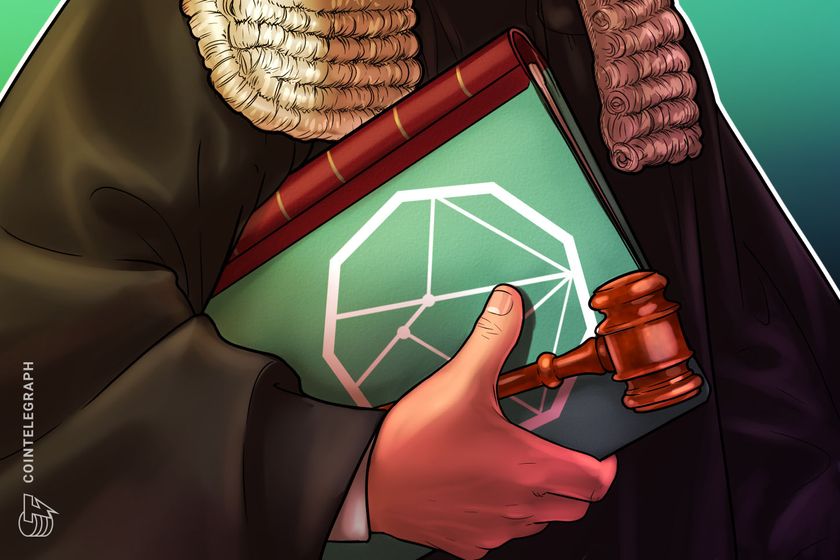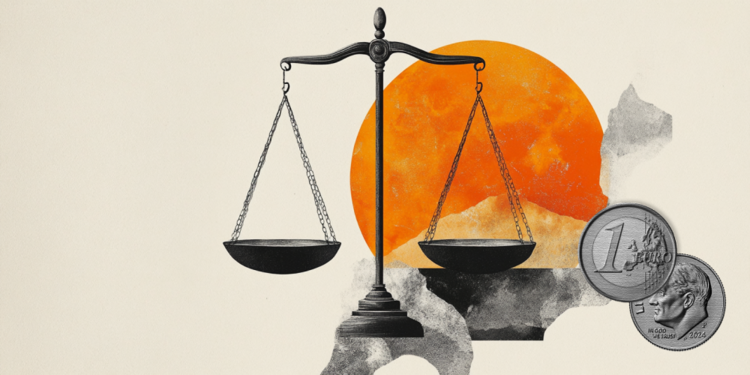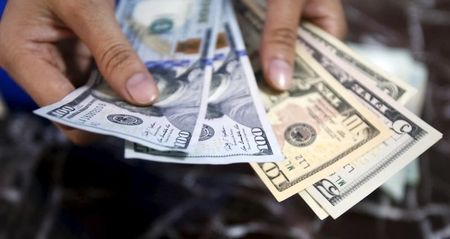Americans Are Worried About a Recession. Here’s How to Prepare
Earlier this year, it seemed like the U.S. economy was in good shape and would stay that way for a while. Granted, inflation was still elevated, but moderately so. And things were looking okay overall. But then the Trump administration forged forward with its tariff plans. And that changed everything. Stock values plunged following those […] The post Americans Are Worried About a Recession. Here’s How to Prepare appeared first on 24/7 Wall St..
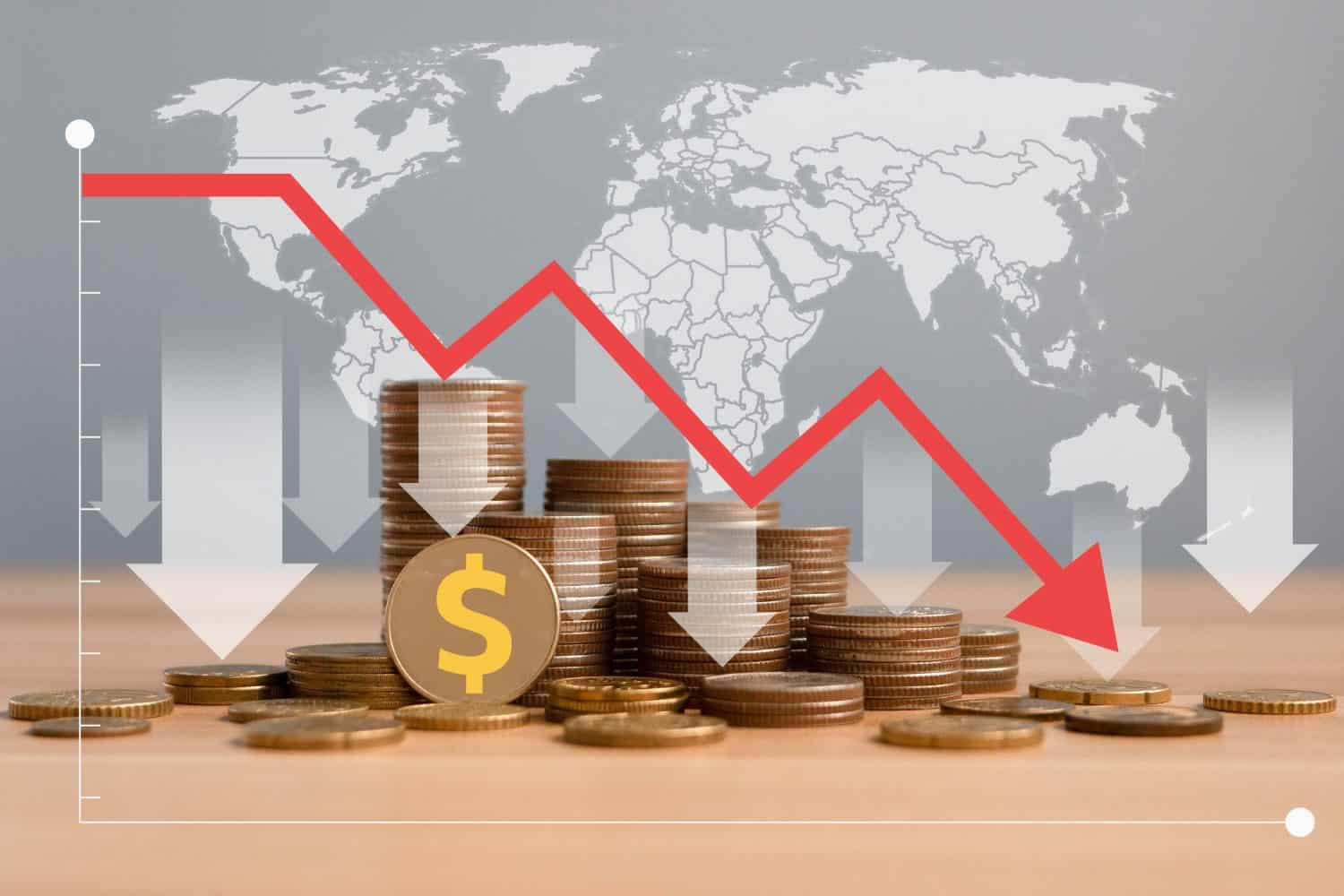
Key Points
-
There’s reason to believe the U.S. may be headed into a recession.
-
A downturn could cost lots of people their jobs.
-
Prepare by boosting your emergency savings, paying down costly debt, and finding a backup income stream.
-
Are you ahead, or behind on retirement? SmartAsset’s free tool can match you with a financial advisor in minutes to help you answer that today. Each advisor has been carefully vetted, and must act in your best interests. Don’t waste another minute; get started by clicking here here.(Sponsor)
Earlier this year, it seemed like the U.S. economy was in good shape and would stay that way for a while. Granted, inflation was still elevated, but moderately so. And things were looking okay overall.
But then the Trump administration forged forward with its tariff plans. And that changed everything.
Stock values plunged following those tariff announcements. And in light of them, many financial experts have changed their economic outlook.
JP Morgan, for example, now puts the risk of a near-term recession at 60%, up from a previous 40% projection. And a recent Ipsos poll found that 61% of Americans think a recession is now imminent.
While there’s no guarantee that a recession will hit this year, it’s best to prepare for that possibility, just in case. Here’s how.
1. Boost your emergency savings
During a recession, a lot of companies find themselves forced to lay off staff. That’s because recessions tend to lead to a slowdown in consumer spending.
One really good way to protect yourself from getting hurt by a layoff is to boost your emergency fund — or build one from scratch if you don’t have one already. At a minimum, you should aim to sock away enough money in savings to cover three months of essential living expenses. And if you can get your savings closer to the six-month mark, even better.
If you have a nice emergency fund and you lose your job, you may be able to get through that period of unemployment without having to take on debt — something that could wreck your finances for years. Plus, think about how much less stressful it is to lose your job when you know you have some time to find another one.
2. Pay off expensive debt
A lot of people carry credit card debt, which can be troublesome in the best of times. But during a recession, it’s more worrisome.
If you end up losing your job, you might struggle to pay your bills. That could mean falling even more behind on your debt and letting it spiral.
If you’re able to, try to pay down some credit card balances now, while you’re still gainfully employed. If you’re able to whittle them down to $0, even better, as that will be one less thing to worry about if your job ends up on the line.
3. Diversify your income
If you work a demanding job, you may be opposed to the idea of getting a side hustle. But given the potential for a recession this year, you may want to branch out and secure a second income stream. That way, if you end up getting laid off, you won’t necessarily be down to a $0 income.
In fact, working a side job now could offer you a few benefits. It could make it possible to boost your emergency savings and pay off high-interest debt. And then, if you end up losing your job through no fault of your own, you could potentially look to ramp up your side hustle hours and replace more of your missing paycheck. So all told, it’s a win-win.
The post Americans Are Worried About a Recession. Here’s How to Prepare appeared first on 24/7 Wall St..































